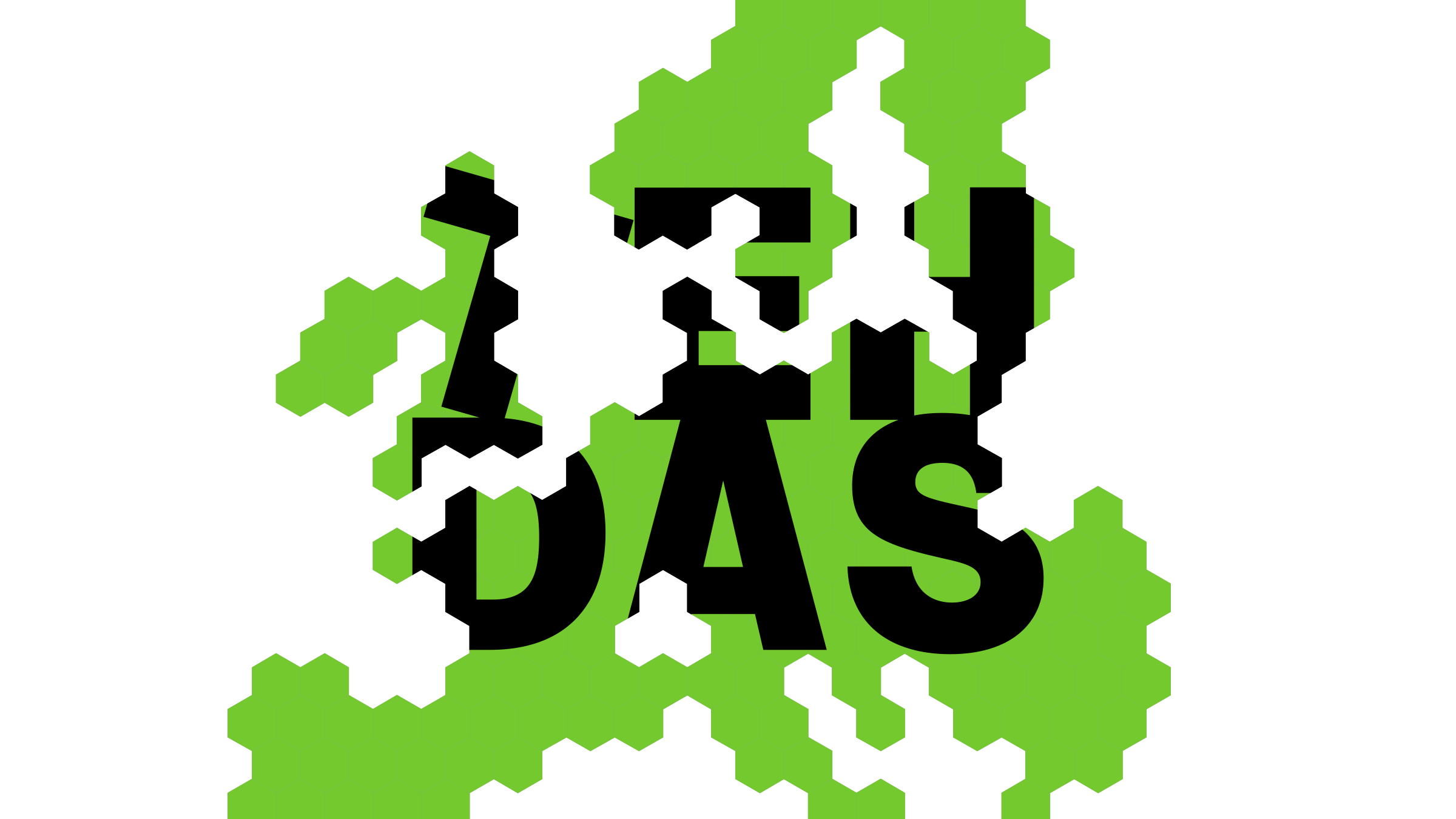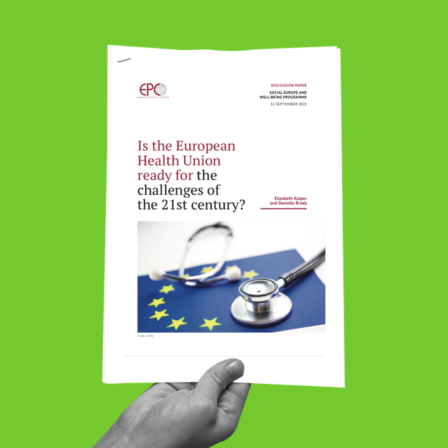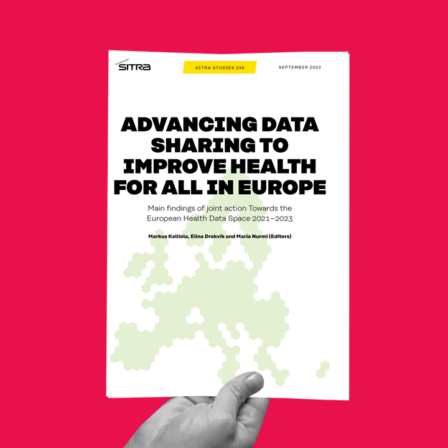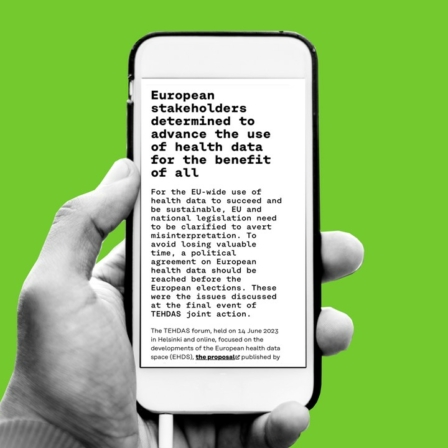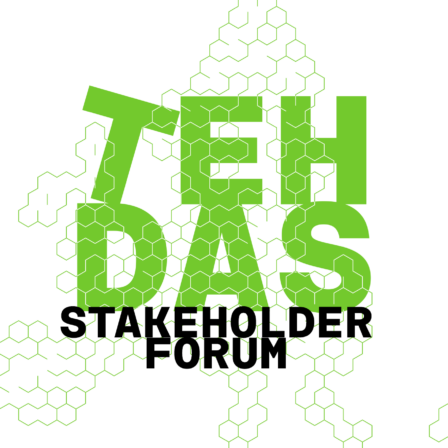Twenty-five European countries have developed a common set of rules to make people’s health data more accessible, seamless and secure. The aim is to help develop new medicines and treatments, including apps that make everyday life easier.
The project has been led by Sitra, part of a wider initiative known as the European Health Data Space, where health data would be available on demand for both research and for patient care, wherever patients are in Europe.
Currently, European patients, doctors, researchers and businesses face many barriers in accessing health data across national borders. Data cannot be fully and safely used. The main obstacle is different interpretations of the law. Practices for collecting and processing health data vary from one EU country to another because of differences in legislation.
The capacity of different EU countries to facilitate the use of health data for research and innovation varies widely, according to a project led by Sitra and funded by the EU and 25 countries.
“Finland is a positive exception; we are ahead of the curve, for example, in legislation on the use of social and health data for research and innovation. We have taken advantage of this when designing European rules,” explains Markus Kalliola, Project Director at Sitra, who led the European cooperation project.
“The European Commission has also used the results of the work coordinated by Sitra to draft the legislative proposal . The smooth use of health data will require the clarification of legislation in many Member States and across the Union”.
Sitra was chosen to lead the European development because it has been involved in the development of similar legislation to promote the use of health data in Finland and in the establishment of Findata. This authority handles research authorisations for social and health data.
Using data fairly and securely
Decisions on using health data could be taken by a specialised authority in each country, inspired by the Finnish model. Access to data would only be allowed for specific purposes. But the new use of data understandably raises concerns about data privacy and authorisation. Emerging questions include: who will be able use health data, what principles will govern decisions concerning its use, and how data will be kept secure when used?
The Sitra-led project produced recommendations on secure data processing environments and related practices across national borders. The European Commission’s proposal for a Regulation in 2022 includes these recommendations. Protecting people’s privacy will be enhanced by defining common practices for data sharing and use across Europe.
A lasting contribution to EU regulation
The multi-year project, led by Sitra, is a prime example of how to influence EU regulation and the long-term work it requires. Negotiations on the creation of a European Health Data Space are underway in the Council of the European Union and the European Parliament.
Work on the construction of a European Health Data Space will continue, and the new project is expected to start in the summer of 2024.The EU lawmakers are expected to agree on the legislation in spring 2024.
